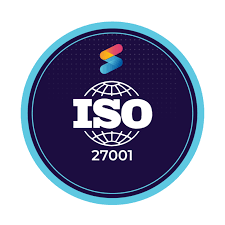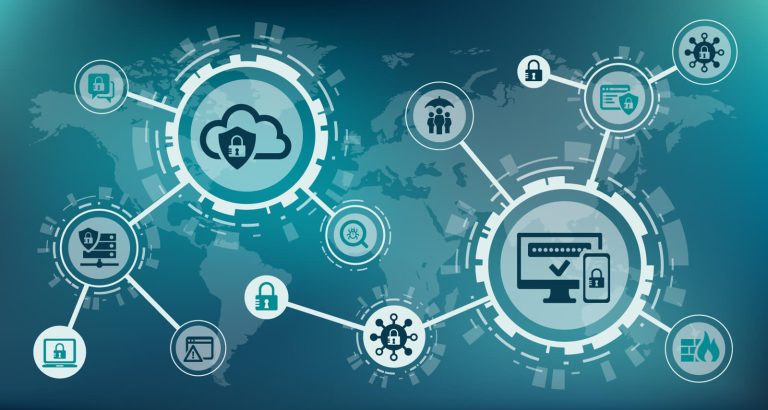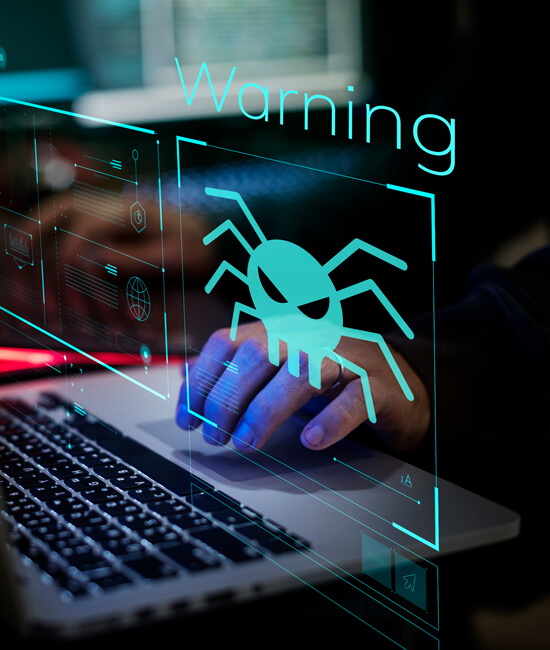What Is ISO 27001?
ISO 27001 is an international Standard for the implementation of an enterprise-wide Information Security Management System (ISMS), an organized approach to maintaining confidentiality, integrity and availability (CIA) in an organization. It offers double benefits — an excellent framework to comply with to protect information assets from malicious actors and a differentiating factor to give an organization an edge over its competitors. The global standard provides complete guidance on building, implementing, maintaining, and consistently improving the ISMS.
The establishment and implementation of ISMS depends upon various factors:
- Business objectives of the organization.
- Needs of the organization.
- Security requirements.
- Internal and external processes of the organization
- Size and structure of the organization.
What Are the Domains of ISO 27001?
The current ISO 27001 standard has 14 domains, these domains widely cover six security areas:
01 – Company security policy
02 – Asset management
03 – Physical and environmental security
04 – Access control
05 – Incident management
06 – Regulatory compliance
The 14 domains (114 controls based Annex A) of ISO 27001 are:
| Information security policies | Organisation of information security |
| Human resource security | Asset management |
| Access control | Cryptography |
| Physical and environmental security | Operations security |
| Operations security | System acquisition, development and maintenance |
| Supplier relationships | Information security incident management |
| Information security aspects of business continuity management | Compliance |
Why Should a Company Adopt ISO 27001? Is ISO 27001 Certification Worth It?
ISO 27001 is the only global standard that helps organizations to understand the various requirements of an information security management system (ISMS). The system is a combination of multiple policies, procedures, processes, and systems within an organization that works to manage information security risks.
ISO/IEC 27001 certification demonstrates that the organization followed the ISO 27001 guidelines and implemented the best-practice information security processes. Not all organizations decide to attain ISO 27001 certification, yet most use it as a framework to keep their information security management system secure from rising cyber attacks.
Why Is ISO 27001 Required?
Complying with various mandatory requirements is not only a prerequisite but also a demanding, on-going process for all organizations. The recognized standard incorporates the requirements of different regulations, such as GDPR, NIST CSF, and others, to ensure that the implemented processes and services are secure, reliable, and of top quality.
ISO 27001 is now required more than ever before because it ensures that various information security risks, including cyber threats, vulnerabilities, and their impacts, get addressed with best security practices. It is also invaluable in terms of monitoring, reviewing, maintaining, and improving an organization’s information security management system. An organization with a certified ISO 27001 standard demonstrates that the organization is aligned with the best security practices, assuring business partners and the existing customer base.
Who Uses ISO 27001?
The ISO 27001 Standard is required by –
- Organizations carrying sensitive information, regardless of their size, be it public or private, IT or non-IT.
- Organizations expanding their business and seeking new clients. The international standard will help them stay in the competition, especially if their competitors are ISO 27001 certified.
- Contractors that need to be ISO 27001 compliant to score projects.
At Prodigy 13 we can help you achieve 100% compliance with ISO 27001, for more information and for free compliance assessment, please review our Managed and Assisted compliance services. or simply get a Quick Quote.
Other related ISO 27001 blog articles:
Implementation and Certification Process



